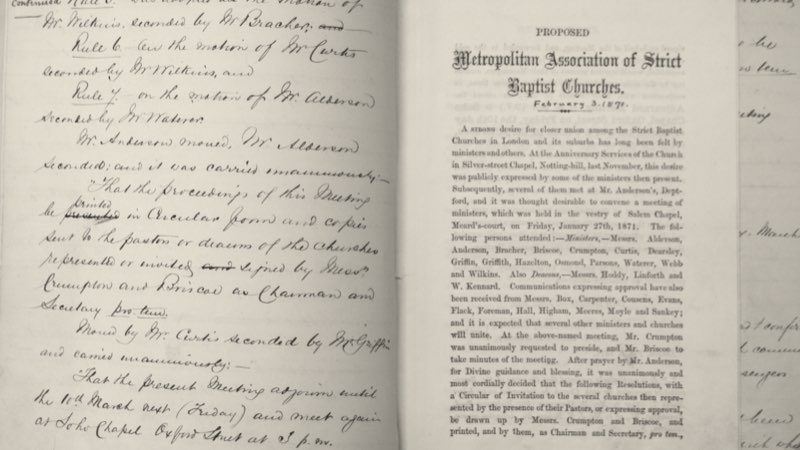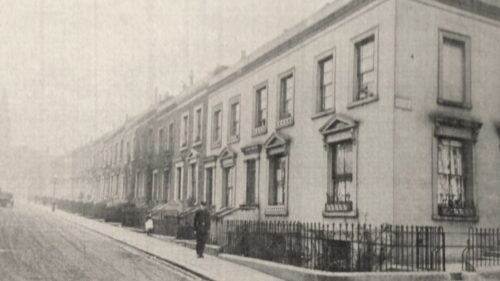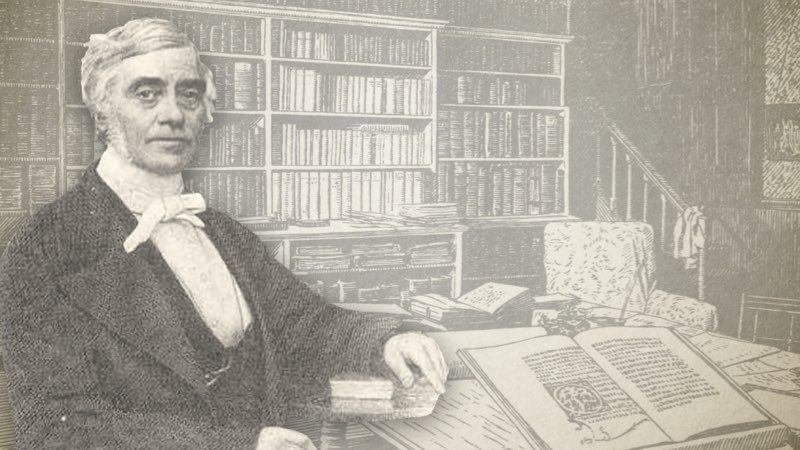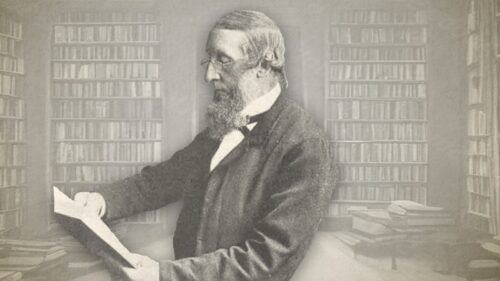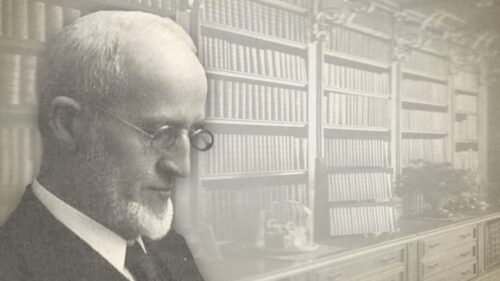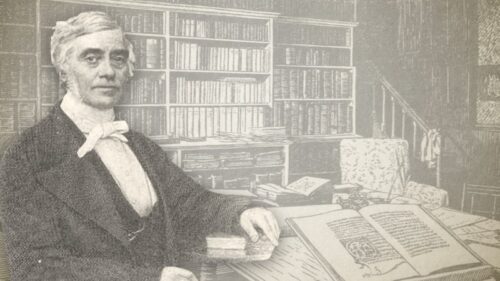-
The Formation Of The Metropolitan Association Of Strict Baptist Churches
The formation of the Metropolitan Association of Strict Baptist Churches is inseparably linked with the church meeting at Silver Street Chapel, Notting Hill Gate, and her pastor, David Crumpton. The Association, church and pastor subscribed to a restricted communion table and the tenets of Hyper-Calvinism. These are the leading features which set apart the Strict Baptist denomination from other churches, unions, societies and associations. On 4 April 1866, a Strict and Particular Baptist Church was organized in Stormont House, Queen’s Road, Bayswater, London. Several of the founding members seceded from the Strict Baptist church, meeting on Johnson Street, Notting Hill Gate. On the day of the new church’s formation, David Crumpton was appointed the pastor. Within two years, the church acquired a building—the Silver Street…
-
House Churches And The Expediency Of Online Services
There are many of the Lord's people who are "scattered upon the mountains, as sheep that have no shepherd." Some are alone and isolated. Others live near each other, but cannot find a local church to join. In time, these poor dejected souls become accustomed to their deprivation of church life, landing them in a dry and thirsty land, surviving on "locusts and scratching the earth for water." To meet this need, I have started preparing online worship services. While the alone and isolated believer should find encouragement and edification through this provision, it is hoped those believers who live near each other will be prompted to organize themselves into a new church. Where two or three of the Lord's people are gathered together in…
-
The Life And Influence Of Joseph Philpot
We do not need anything to remind us that it is a twelvemonth since our late friend and editor departed this life. The fact is brought most painfully to our mind every month, and almost every day of the month; certainly for twenty days in the month. But in turning over a hill of papers, we were reminded more strongly than usual by coming upon the following letters. They may be by some thought to be out of date; but they are not out of date with us, and will, we doubt not, be read with interest by many.
-
The Origins Of The Particular And The Reformed Baptists
This question was recently put to me by a friend: ”Jared are you on the same side with Sam Renihan and his father on the issue of origins of Particular Baptists and Reformed Baptists?” My answer (with a few additions for the sake of clarity): No, we certainly would not be in agreement with the Reformed Baptists’ view on these matters. The reformed Baptist movement began in England during the 1950’s, taking over historic Particular Baptist churches and ‘unreforming’ them to align with their teachings. The group of Particular Baptist churches they commandeered belonged to the Metropolitan Association of Strict Baptist Churches (London). The church that I pastored for twenty years was
-
Monergism.com On Hyper-Calvinism
Monergism.com is a “free and comprehensive online library dedicated to equipping believers with the riches of Reformed Christian theology…through a curated collection of classic and contemporary resources, Monergism.com serves as a hub for those seeking to grow in their knowledge of God, embrace the historic Christian faith, and apply biblical truths to all areas of life.” One would hope, therefore, that the materials provided on the site would offer a fair and accurate account of topics, namely, that of Hyper-Calvinism. Monergism.com would have done well to consult Hyper-Calvinists before outlining a set of their representative beliefs. If so, they could have condensed the list to three items. Hyper-Calvinists believe: (1) Saving faith is the result of regenerating grace, and only those who have been brought…
-
The True, Proper, And Eternal Sonship Of The Lord Jesus Christ, The Only Begotten Son Of God
A controversy concerning the eternal Sonship of the Lord Jesus Christ broke out among the Strict and Particular Baptist churches during the 19th century. The orthodox view, set forth by John Gill in his Body of Divinity, and defended by Joseph Philpot in this book, asserts that the second Person of the Godhead is the Son of God in His divine nature, eternally generated by the Father. The erroneous view asserts that the second Person of the Godhead is the Son of God in His human nature only, begotten of the Father at the time of the incarnation. Although the persons holding this view maintain a belief in the TriUnity of the Godhead, yet their denial of the eternal Sonship of the Lord Jesus Christ…

